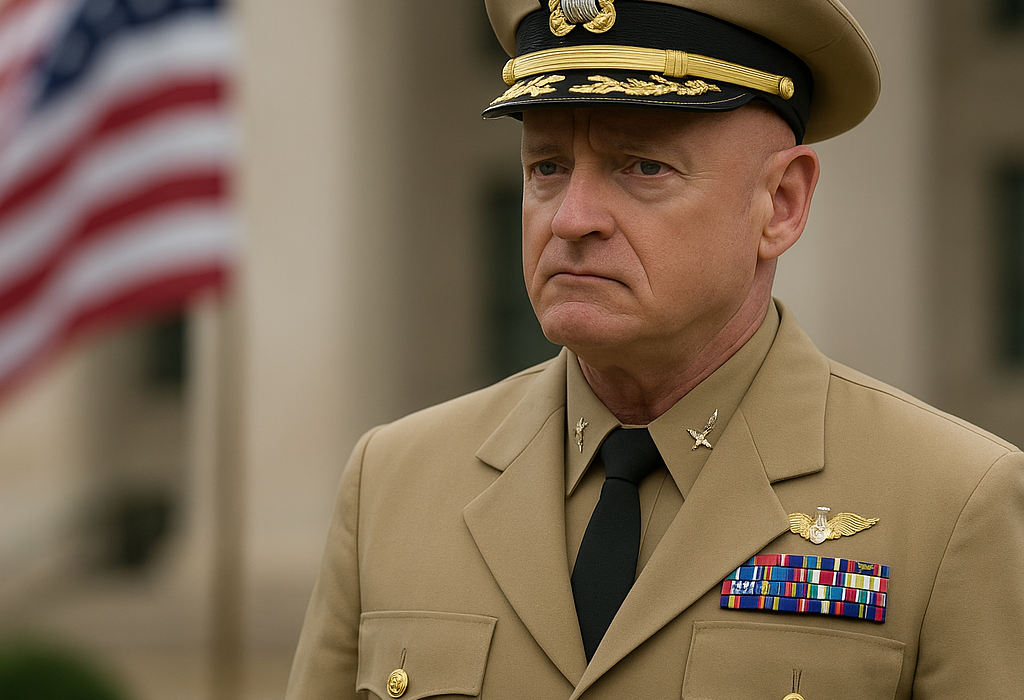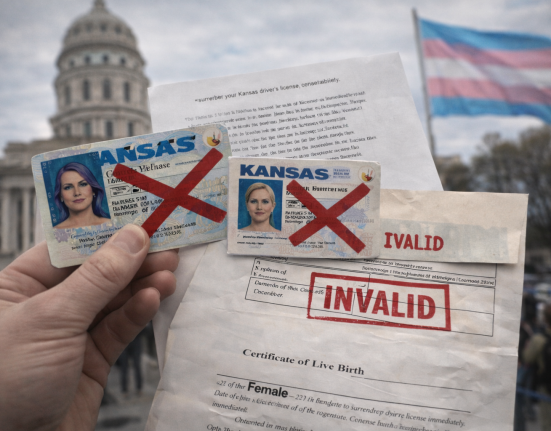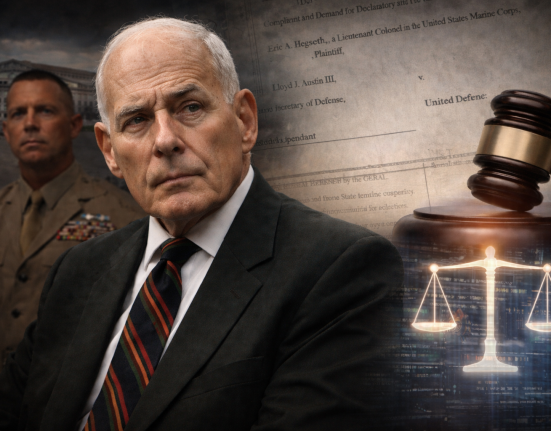The Pentagon’s decision to open an investigation into Democratic Sen. Mark Kelly marks an extraordinary moment in civil-military relations, raising significant constitutional, political, and public-trust questions. Kelly, a retired Navy captain, astronaut, and decorated combat veteran, appeared in a video with five other Democratic lawmakers urging military personnel to refuse illegal orders. Days later, the Trump administration called the message “seditious,” and the Pentagon announced it was considering recalling Kelly to active duty for potential court-martial proceedings.
Below is a neutral, balanced breakdown.
What Happened
Kelly and several other lawmakers—many of them veterans—released a video addressing U.S. troops directly, emphasizing that their oath is to the Constitution and that they must refuse unlawful orders. The message appeared to respond to recent controversies over Trump-era directives, including orders targeting civilian areas with National Guard deployments and commands concerning operations in the Caribbean and Pacific.
Because Kelly is formally retired from the Navy, he remains subject to certain provisions of the Uniform Code of Military Justice (UCMJ), including possible recall to active duty at the direction of the Secretary of Defense.
Days after the video’s release, the Pentagon issued a public statement suggesting Kelly may have undermined “good order and discipline,” triggering the investigation.
Pros — Arguments Supporting the Pentagon’s Position
1. Preservation of Military Discipline
The Pentagon argues that encouraging troops to question orders could sow confusion in an already strained institution, especially during an ongoing government shutdown when thousands of service members are unpaid.
2. Legal Authority Exists
Federal law does allow retired officers to be recalled for disciplinary action. While rarely used, the mechanism is established and has been upheld by courts in recent years.
3. Avoiding Political Influence in the Ranks
Military leadership stresses that messaging directed at active troops from elected officials—especially partisan messaging—can create perceptions of political weaponization, something military norms strongly discourage.
Cons — Arguments Supporting Kelly and Civilian Critics
1. Constitutional Protection of Congress
Legal scholars argue the executive branch cannot use military discipline mechanisms to punish a sitting senator without violating fundamental separation-of-powers principles.
2. Advocacy of Lawful Conduct Is Not Sedition
Kelly did not call for disobedience of lawful commands. He reiterated long-standing military doctrine: troops are obligated to refuse unlawful orders. Scholars note this is a cornerstone of international and U.S. military law.
3. A Dangerous Precedent for Political Retaliation
Critics warn that allowing the Pentagon to pursue a sitting senator for expressing a constitutional opinion risks enabling future administrations—of any party—to intimidate or punish oversight.
4. Chilling Effect on Civilian Oversight
Congress is tasked with overseeing the Department of Defense. Investigating lawmakers for speaking about military law may discourage necessary oversight or whistleblowing in future administrations.
Neutral Context & Implications
The investigation is unfolding during intense political polarization and a prolonged shutdown during which service members missed paychecks. Critics argue the Pentagon—historically apolitical—has become more politically aligned with the executive branch during Trump’s second term, while supporters say the military is simply responding to behavior that crosses established legal boundaries.
What happens next could have long-lasting effects. A recall-to-duty action against a sitting U.S. senator—especially for speech—would be unprecedented in modern American history. Courts may ultimately determine whether the constitutional protections for lawmakers supersede the UCMJ’s hold over retired officers.
Regardless of political position, the case illustrates the delicate balance between civilian control, constitutional oversight, and military discipline, raising questions that extend far beyond this single incident.








Leave feedback about this
You must be logged in to post a comment.